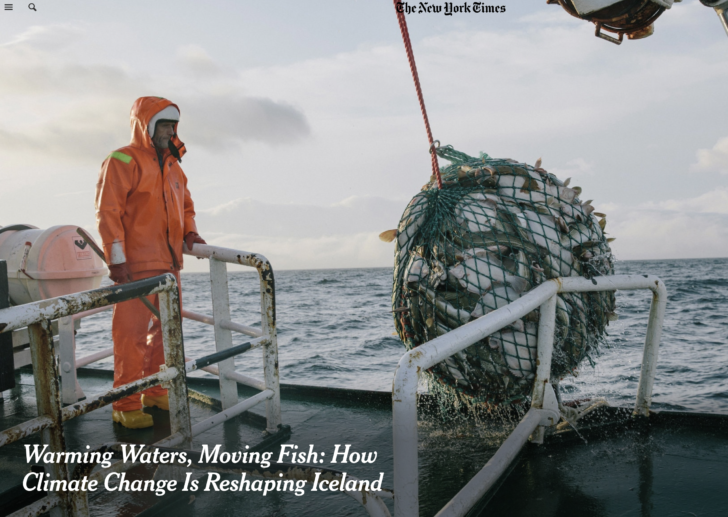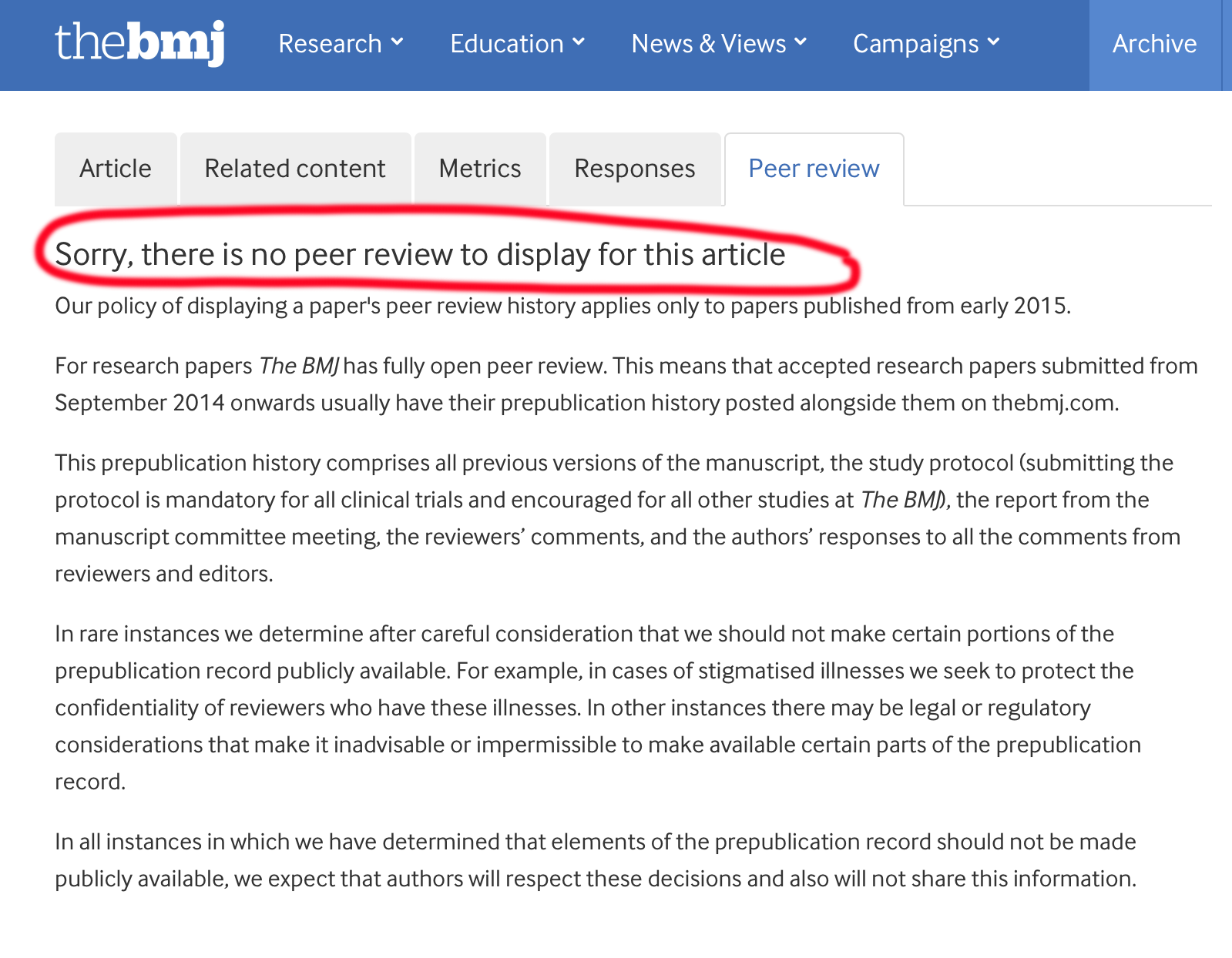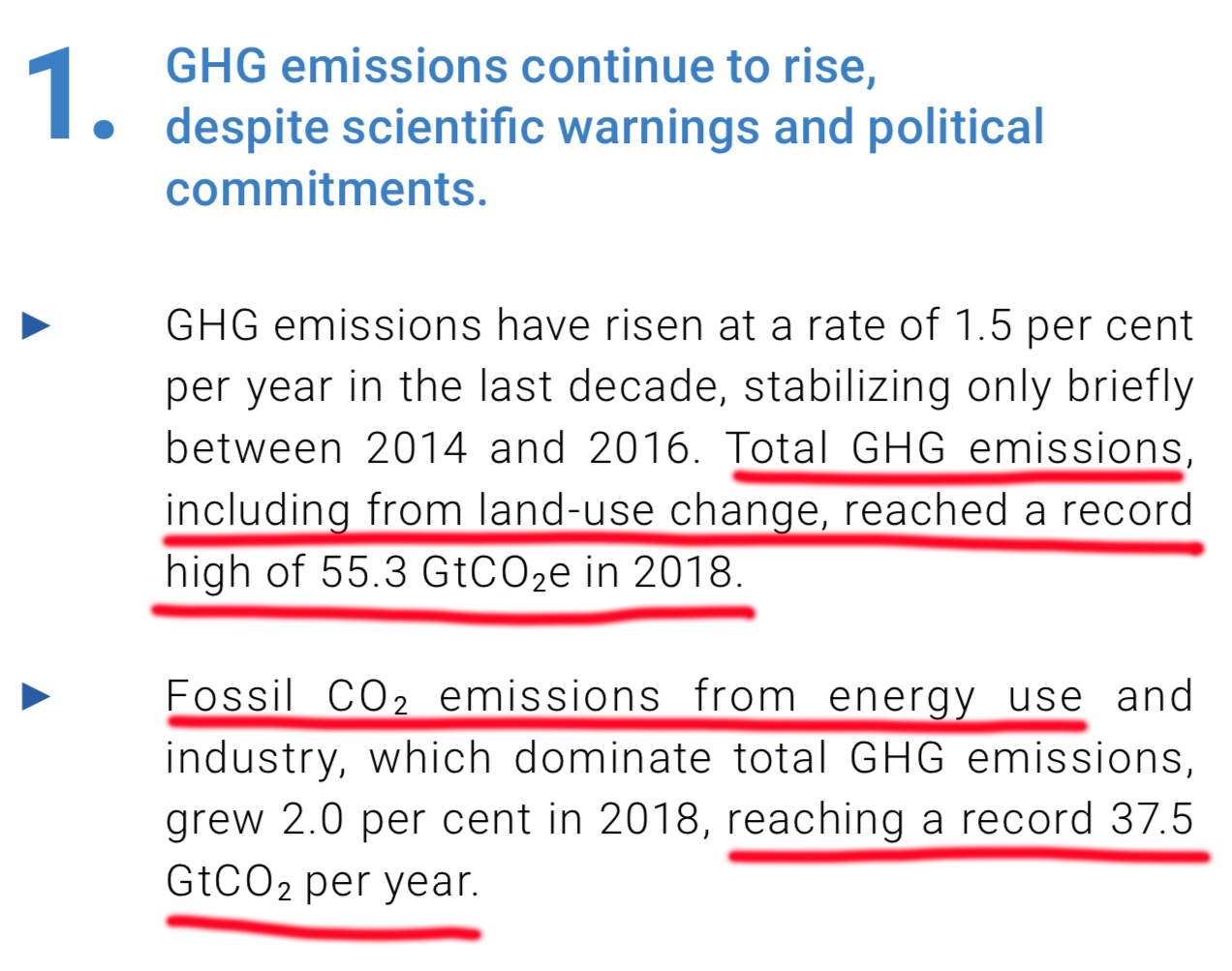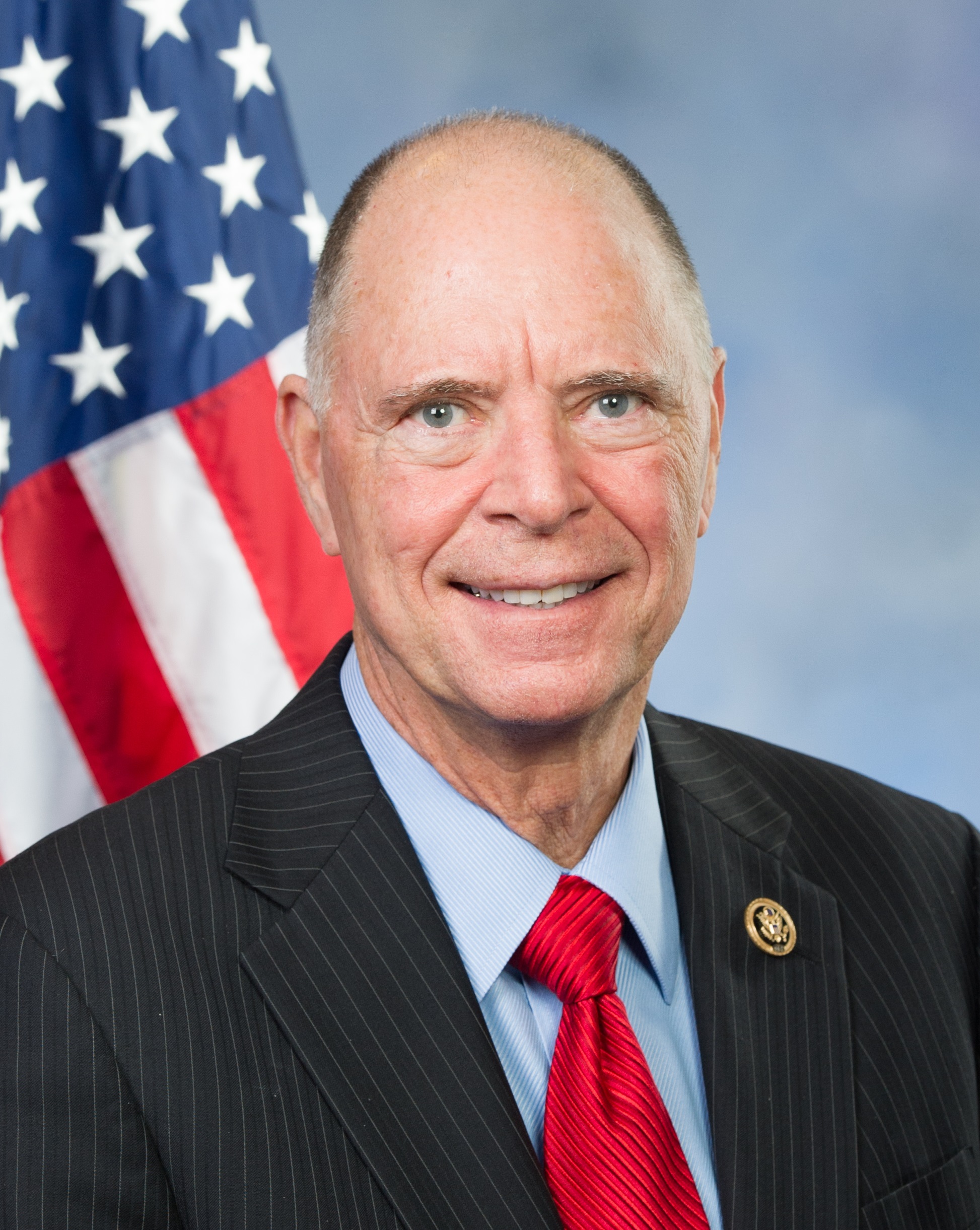You gotta get up pretty early to fool JunkScience.com. The New York Times didn’t so this was like shooting fish in a barrel.

Continue reading New York Times pulls a climate fast-one with Icelandic fishing
You gotta get up pretty early to fool JunkScience.com. The New York Times didn’t so this was like shooting fish in a barrel.

Continue reading New York Times pulls a climate fast-one with Icelandic fishing
About the new PM2.5-kills study debunked here yesterday, former UCLA epidemiologist and JunkScience.com ally Jim Enstrom tells me: “BMJ asked me to review the manuscript for this paper in January. I gave BMJ a SUPER-NEGATIVE nine-page review. BMJ is supposed to show the peer-review history of all research papers, but the Peer Review link for this paper states: “Sorry, there is no peer review to display for this article.”

You may think that these folks…

… are merely stupid. In my view, they are entirely dishonest.
Here’s why.
Continue reading The manifest dishonesty of the air pollution mafia
The 2019 UN “Emissions Gap Report” is out. Manmade greenhouse gas emissions hit 55.3 GtCO2e in 2018 — up from 53 GtCO2e in 2017. That’s great news for life on Earth (i.e., plants, animals and normal people). It’s terrifying news for the ignorant and mentally ill (ie., climate bedwetters). Read the report (Web | PDF).


Also of interest:
Continue reading UN: Greenhouse gas emissions hit new record in 2018
Read WaPo coverage. Here’s a clip from Alito’s dissent.

Here are some thoughts from an e-mail chain I was on today about reproducibility in science. Colleague #1 noted that, in some fields, as much as 80% of the published science was not reproducible. Colleague #2 countered that his worked showed the opposite was true. My thoughts that I shared with my colleagues:
[Colleague #1] said 80% percent in “many areas of science” — not 80% of all studies.
Environmental epidemiology is certainly one of the fields where that is true [i.e., 80% being not reproducible].
Yet, blanket statements concerning reproducibility are not really what’s important.
The problem in science is a pervasive lack of basic honesty among too many people. As it turns out, scientists lie just as much as everyone else.
Unfortunately, a lot of bad apples have been able to surf the reputations and accomplishments of the greats in science.
When non-scientists hear “scientist” they tend imagine Einstein or Pasteur — when they should really be imagining Madoff or Ponzi.
There is no permanent solution to this problem because it is the human condition.
The only solution is peers having the courage to speak out when needed. But lack of courage among people is the #2 problem in science after dishonesty.
Today’s hero in the fight against secret science is Rep. Bill Posey (Fla-8). As Rep. Posey notes in his letter to EPA Administrator Andrew Wheeler: “That this data remains secret while these regulations cited above remain largely in place is deeply disturbing.” A fantastic, clear-cut letter. Check it out.

Continue reading Congressman asks EPA to obtain secret data from air quality mob
My recent column at the DailySignal.com.

Continue reading You’ll Be Surprised Who Is Trying to Empower the Deep State at EPA
In response to the New York Times recent front-page report on EPA’s coming re-proposal of its ‘secret science/transparency rule, Stan Young and Warren Kindzierski submitted the letter below, which was rejected by the Times. We present it here as an example of the reality denied to readers of the “paper of record.”
To the editor:
“E.P.A. to Limit Science Used to Write Public Health Rules” fails to mention the science that supports the Environmental Protection Agency’s proposed rule, Strengthening Transparency in Regulatory Science. For example, a 2014 study examined more than 2 million emergency hospital admissions and more than 600,000 deaths from heart disease in England and Wales. A 2017 California study looked at all death certificates for the years 2000-2012 (data public since 2015). Neither study found an association of air quality with deaths. Yet data from the Six Cities study, which claims an association, is not publicly available. Since the publicly available data casts doubt on previous studies that inform our air pollution regulations, the E.P.A. is entirely justified to propose requiring that the science informing regulations should have analysis data sets that are publicly available, or available to a trusted third party. If the science behind the regulations is any good, public scrutiny will confirm it. If that science doesn’t reproduce, the E.P.A. should know—as should all Americans.
S. Stanley Young
Warren Kindzierski
University of Alberta
Here is the summary of the tax package. The bill orders the Treasury Department to figure out how to use EPA greenhouse gas inventory data to impose a CO2 tax on taxpayers.

The bill also extends wind/solar and electric vehicle tax credits.
This study reports that the closure of Japan’s nuclear plans following the Fukushima disaster raised electricity prices by as much as 40% in some areas, resulting in an estimated 1,280 deaths from the effects of cold weather.